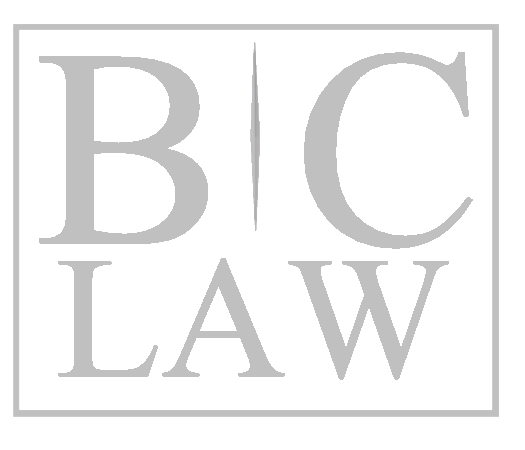Mississippi Cracks Down on Squatting with New "Real Property Owners Protection Act"
- BC Law
- May 14, 2025
- 2 min read

Effective July 1, 2025, Mississippi’s HB 1200 aims to protect property owners from unlawful occupation and fraud.
The Mississippi Legislature has taken a firm stance against squatting with the passage of House Bill 1200, signed into law by Governor Tate Reeves on April 10, 2025. Officially titled the "Real Property Owners Protection Act," the new law provides a clear legal framework for defining, identifying, and removing squatters from private property while also criminalizing related fraudulent activity.
What Is a Squatter Under the New Law?
A squatter is defined as someone who either:
Trespasses onto private property without permission, or
Is initially invited but remains on the property without consent after being told to leave — either by the owner, the owner’s authorized agent, or local law enforcement.
This means once a person has been notified in writing to leave, their continued presence can now be classified as criminal behavior.
How the Removal Process Works
Under HB 1200, the process of legally removing a squatter is streamlined to protect property owners from drawn-out and costly disputes. Here's how it works:
The property owner (or their agent) must file a sworn affidavit with the local law enforcement agency where the property is located.
If law enforcement determines the person is squatting, a court-ordered move-out date will be issued.
Failure to comply can lead to both civil and criminal penalties.
This process shifts some of the burden from the court system to law enforcement, speeding up eviction timelines in unlawful occupancy cases.
New Felony Offenses Created
The bill doesn't stop at defining squatting. It also targets property fraud and intentional damage, making the following actions felony offenses:
Damaging property: Any person who unlawfully occupies a home and intentionally causes more than $1,000 in damage can now face felony charges.
Real estate fraud: Anyone (other than a legal heir) who advertises, sells, rents, or leases a property they don’t own — knowing they have no legal title — can be prosecuted under the new statute.
This provision addresses a growing concern in Mississippi and beyond: fraudulent rental and sales listings of abandoned or foreclosed homes.
Why This Matters
Squatting has long existed in a legal gray area — frustrating property owners, overwhelming courts, and burdening law enforcement. HB 1200 brings clarity, deterrence, and actionable recourse. As the real estate market faces pressures from vacancy, inheritance disputes, and housing shortages, the bill aims to strike a balance between property rights and legal due process.
Final Thoughts
With the Real Property Owners Protection Act set to take effect on July 1, 2025, Mississippi joins a growing list of states reinforcing property protections and modernizing their approach to squatting. For homeowners, landlords, and real estate investors, this legislation is a major step forward in defending lawful ownership and cutting down on property-related fraud and abuse.
Stay informed on new laws that affect property rights and real estate across Mississippi. Subscribe to our newsletter for legal updates, commentary, and community insights.



I would like for these quatters removed please 209 Conti st Jackson ms it smells they b banging over all times of night they have more company then my mom have they outside all times if night keeping up noise, arguing fuss and fighting. I called the police. The police say there’s nothing they can do. It’s getting cold. No they gonna start burning to keep warm. This been going on for too long, my 81 year old mother cannot stand it anymore. She’s scared to sit on her porch. Front porch back porch. We need help please help my 81 year old mother. It’s nasty over there have the back of the house is gone. I guess that’s what…